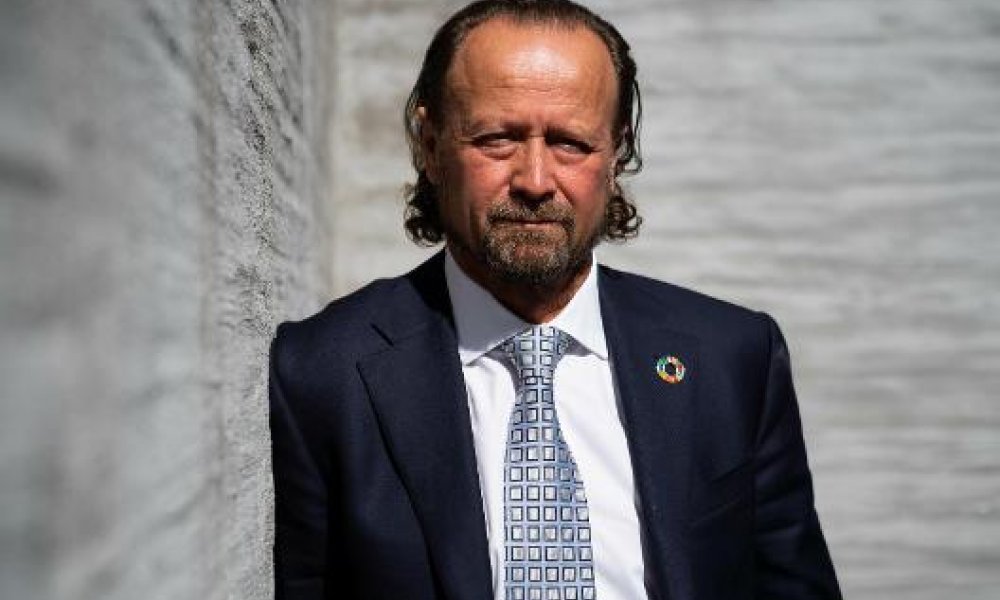Reflecting on the current debates about sustainable investment, I wonder if we've lost our way in definitions and forgotten about the bigger picture — the "why".
The "why" is that the nature, climate and social issues that we face are urgent, and have massive implications for our planet and our financial portfolios. Transition risks are already becoming real and will only accelerate in the future.
Climate change is the issue that we are most aware of, along with the risks it brings of irreparable harm to our physical environment, assets and economic systems. Natural ecosystems that support both lives and livelihoods are also at risk of collapsing, due to deforestation and unchecked use of chemicals. Addressing these issues, among others, including many social risks, also implies a need for a "just transition": a broad programme of change to ensure the stability of our societies and economies.
So, sustainable investment is critical, but it's important to recognise that we are building the methodology as we go along. Indeed, a lot of the underlying information and data sources that we apply in this process are still relatively new and unproven, but given the urgency, we have no choice but to act. This means delicately balancing between aggressive innovation and rigour.
And yet, it seems, definitions can get in the way. Recently the implementation of the SFDR regulations came into force in the EU, causing uncertainty for us and other investors, many of whom had to recategorise Article 9 funds, based on changes to the EU definition of what sustainable investments are or are not. The intent seems to be lost in technical specifications.
Similarly, there are attempts to regulate ESG as an acronym. This has caused a big debate and polarisation — clearly most pronounced in the US, but increasingly a discussion also in Europe and even the Nordics.
However, the real-world implication, if one accepts the scientific facts around our need for change, is that a massive mobilisation of private sector capital is needed to shift companies and their activities towards entirely new systems of value creation that are aligned with sustainability. For investors, that means both investing in solutions, as well as taking on stewardship responsibilities: engaging established companies to ensure that they have, and comply with, credible transition plans.
While we recognise the importance of regulation – clients should always understand what products are and aren't; transparency is a precondition of integrity — it's also important that regulations avoid sowing confusion or unnecessary doubt in the integrity of sustainable investing.
Our role as investor and a sustainable investor always carries a clear belief and a sole objective: we invest in a sustainable manner because we believe this will ensure the best long-term risk adjusted return. There is only one objective, and we believe the financial sector has a vital role to play in the transition with that objective.
So, when it comes down to real life, it probably shouldn’t make much difference whether we call it "ESG" or "sustainable investing". There are real world issues that we are trying to address, we cannot afford to wait – and we have demonstrated that we can improve over time when we work together with the industry, clients and regulatory bodies. Partnership should be a driver to success, and we should be wary of definitions of becoming obsolete obstacles.







